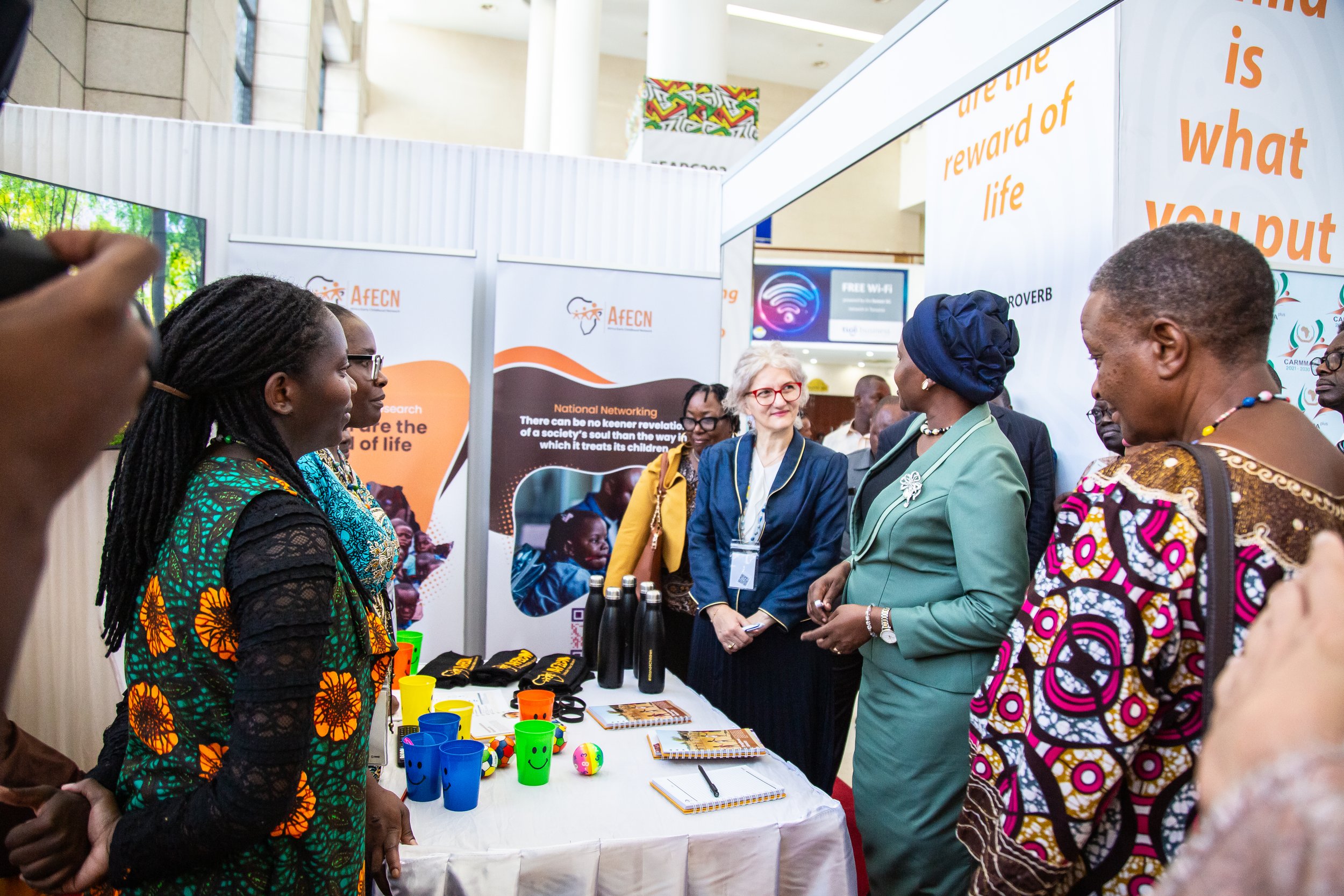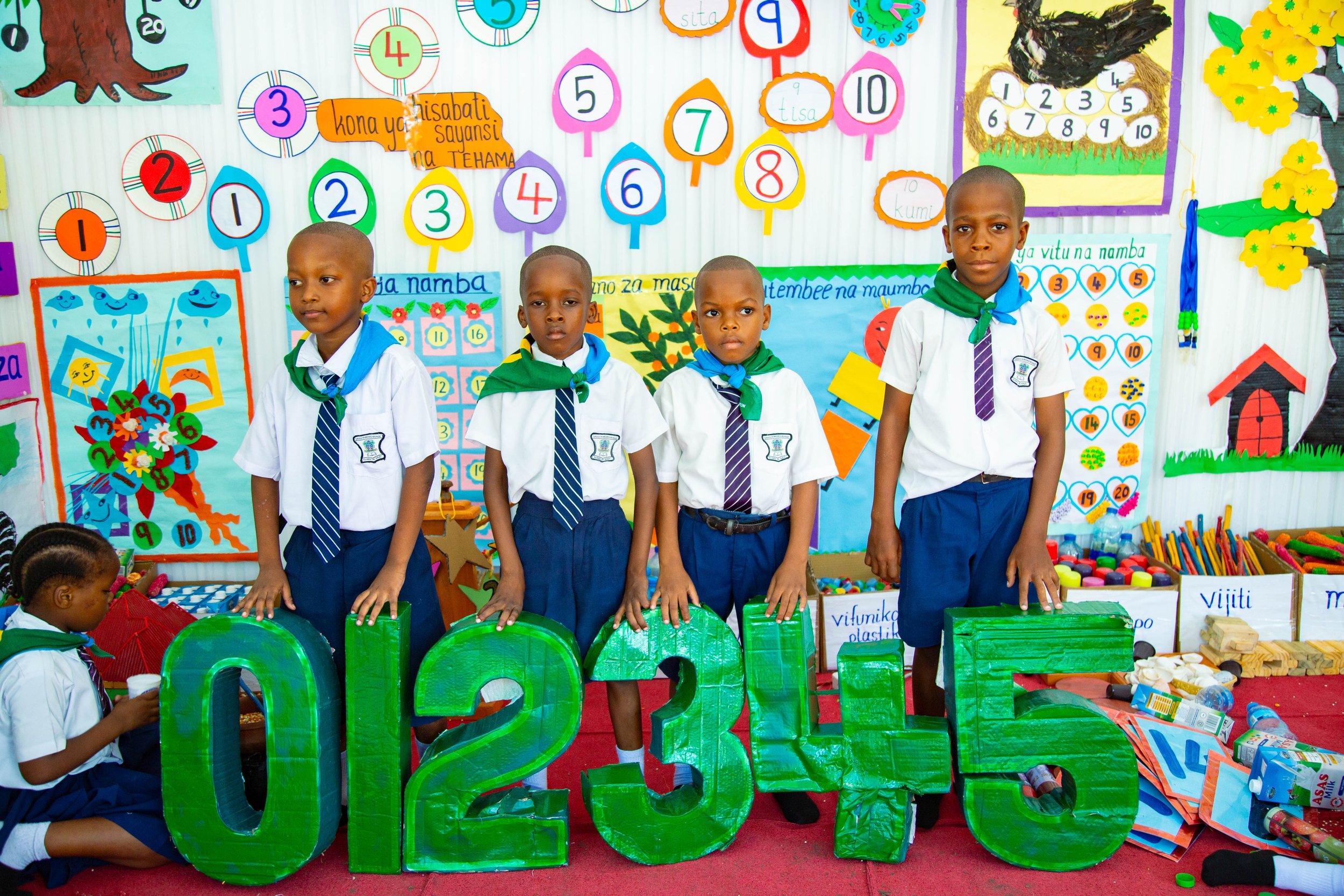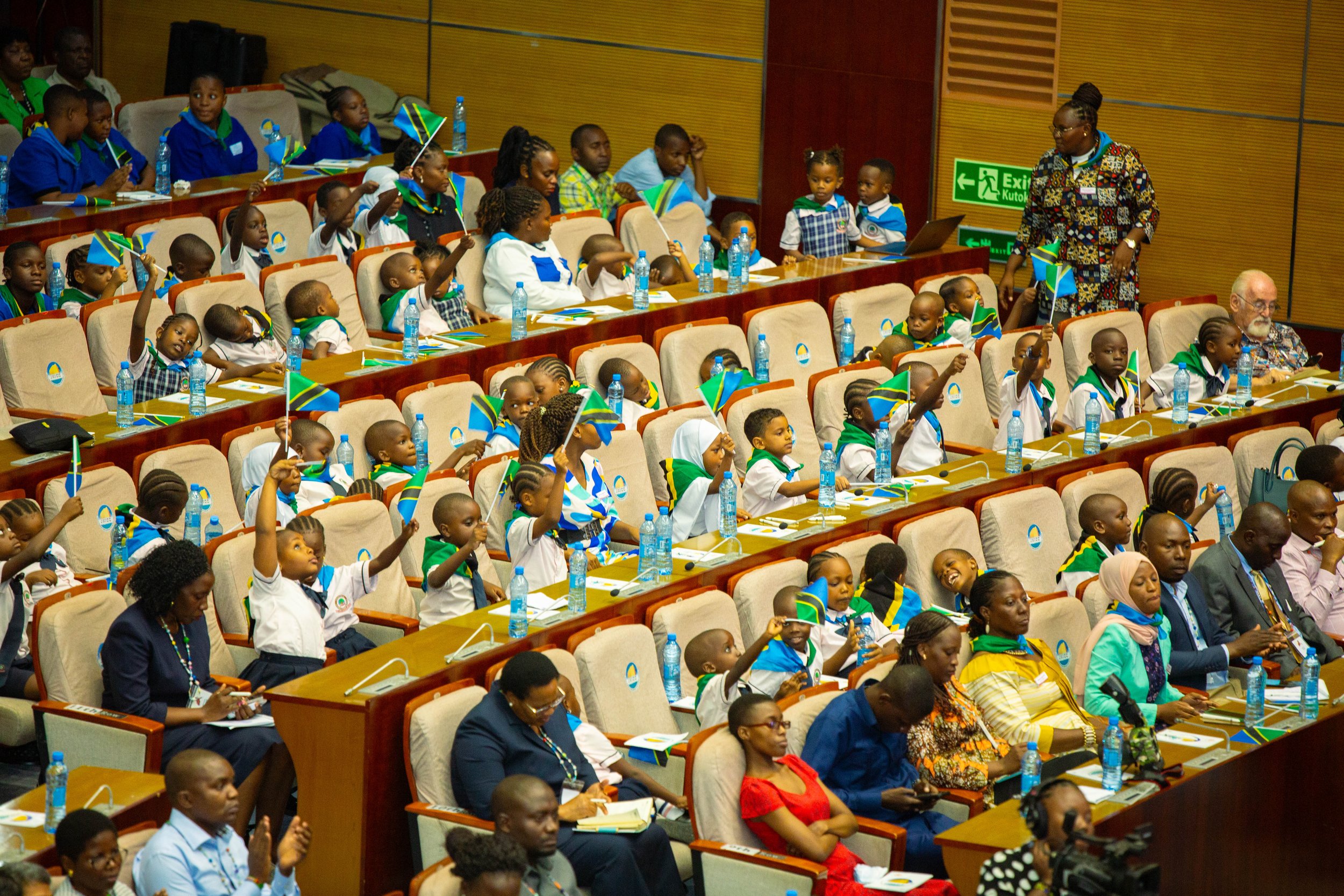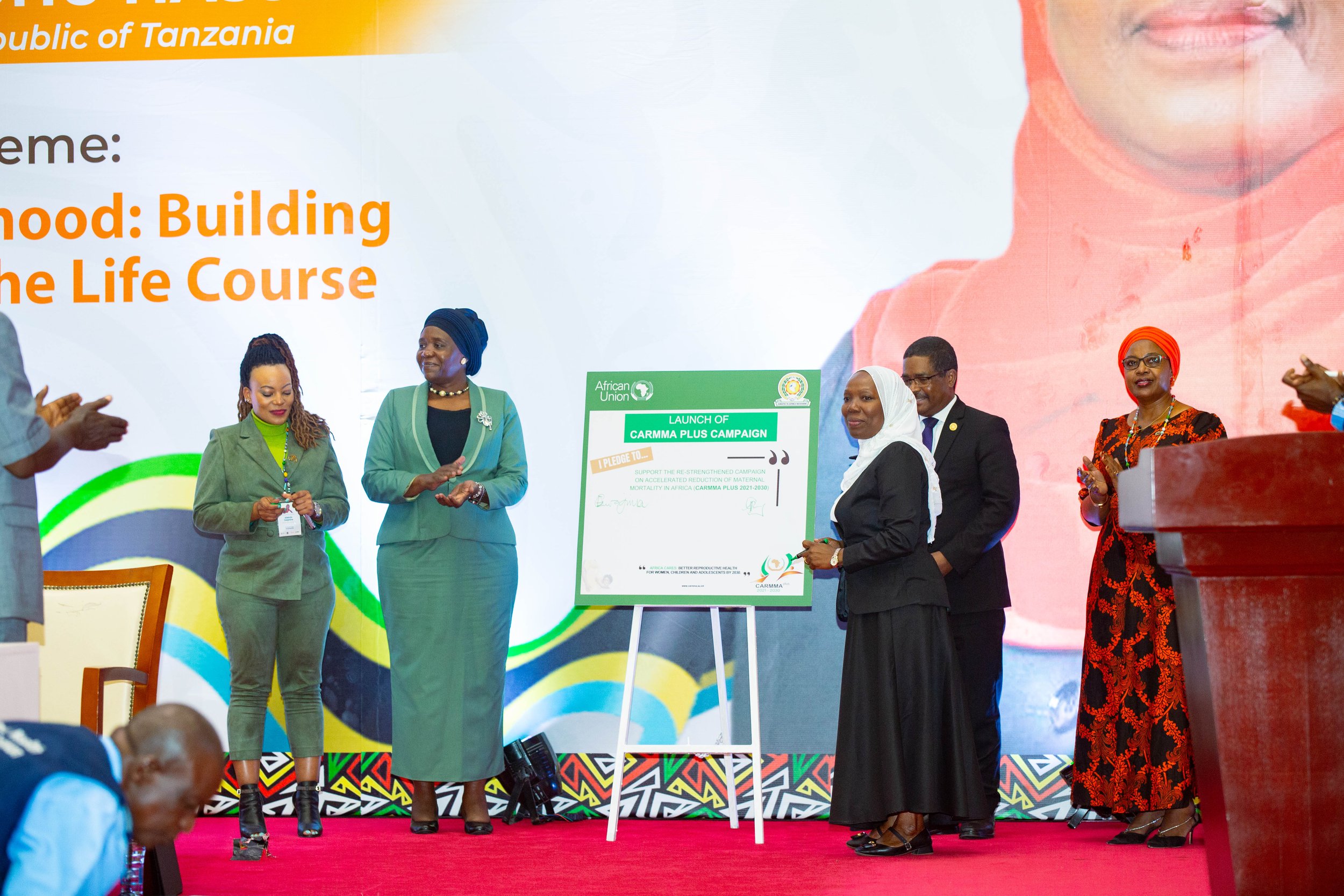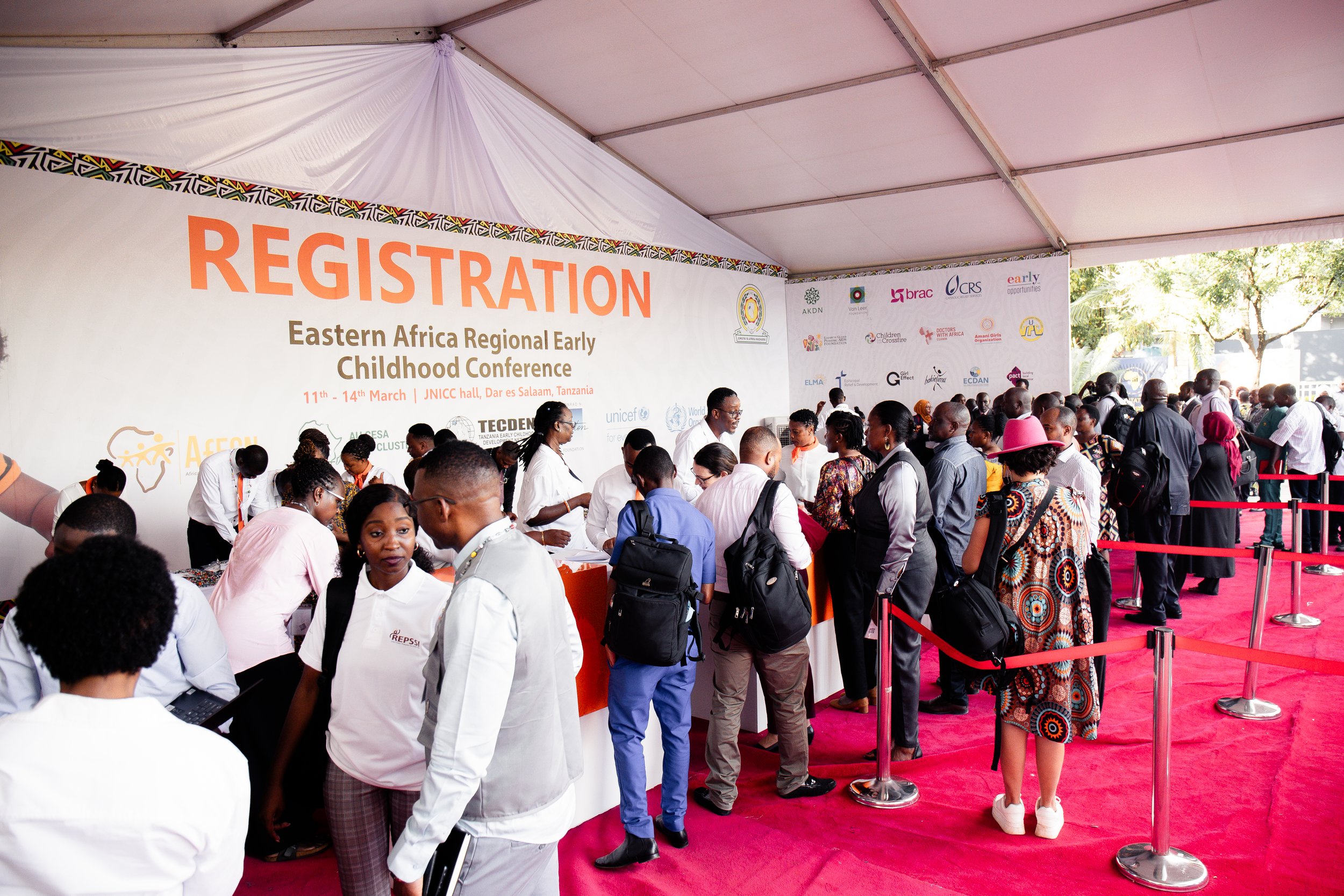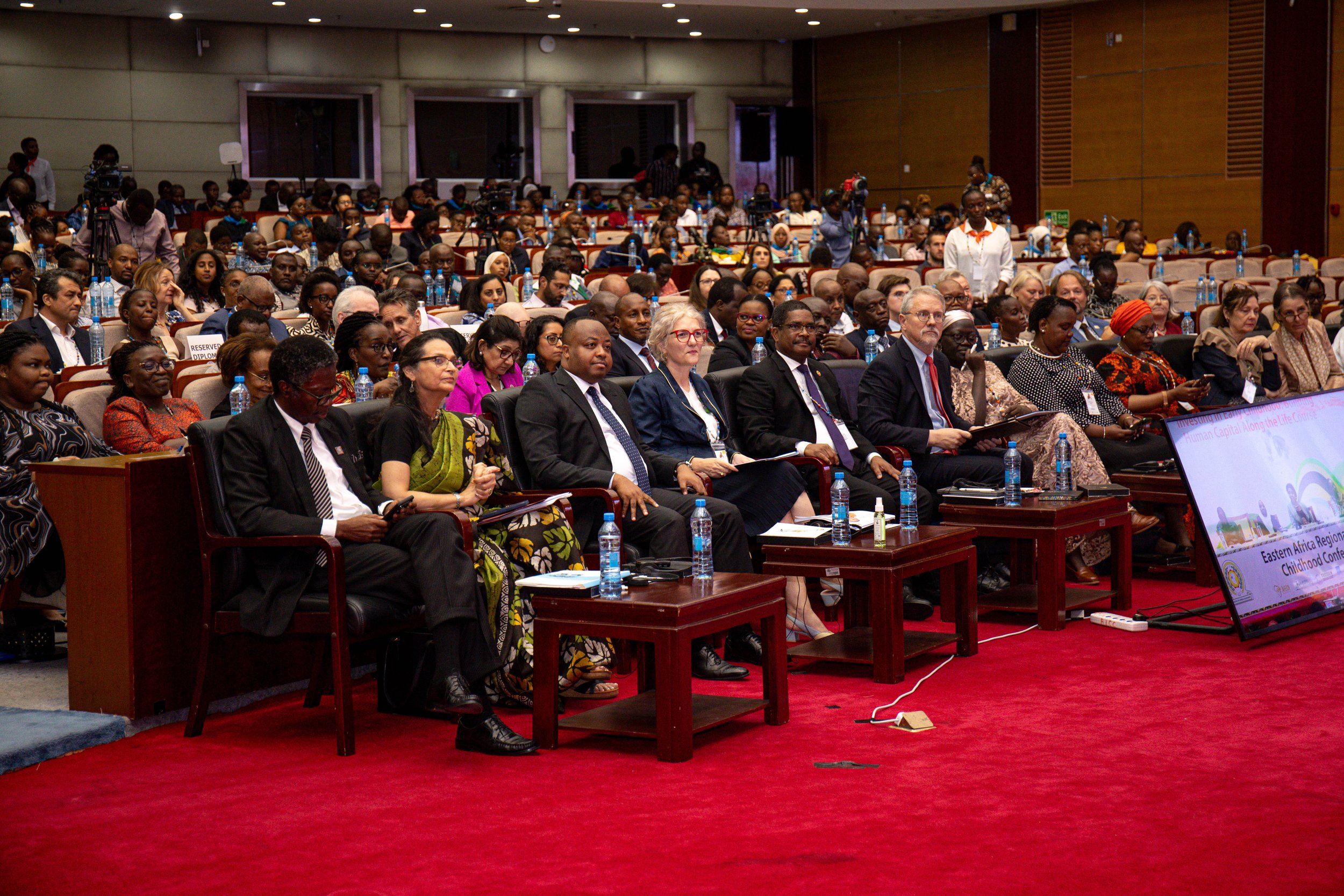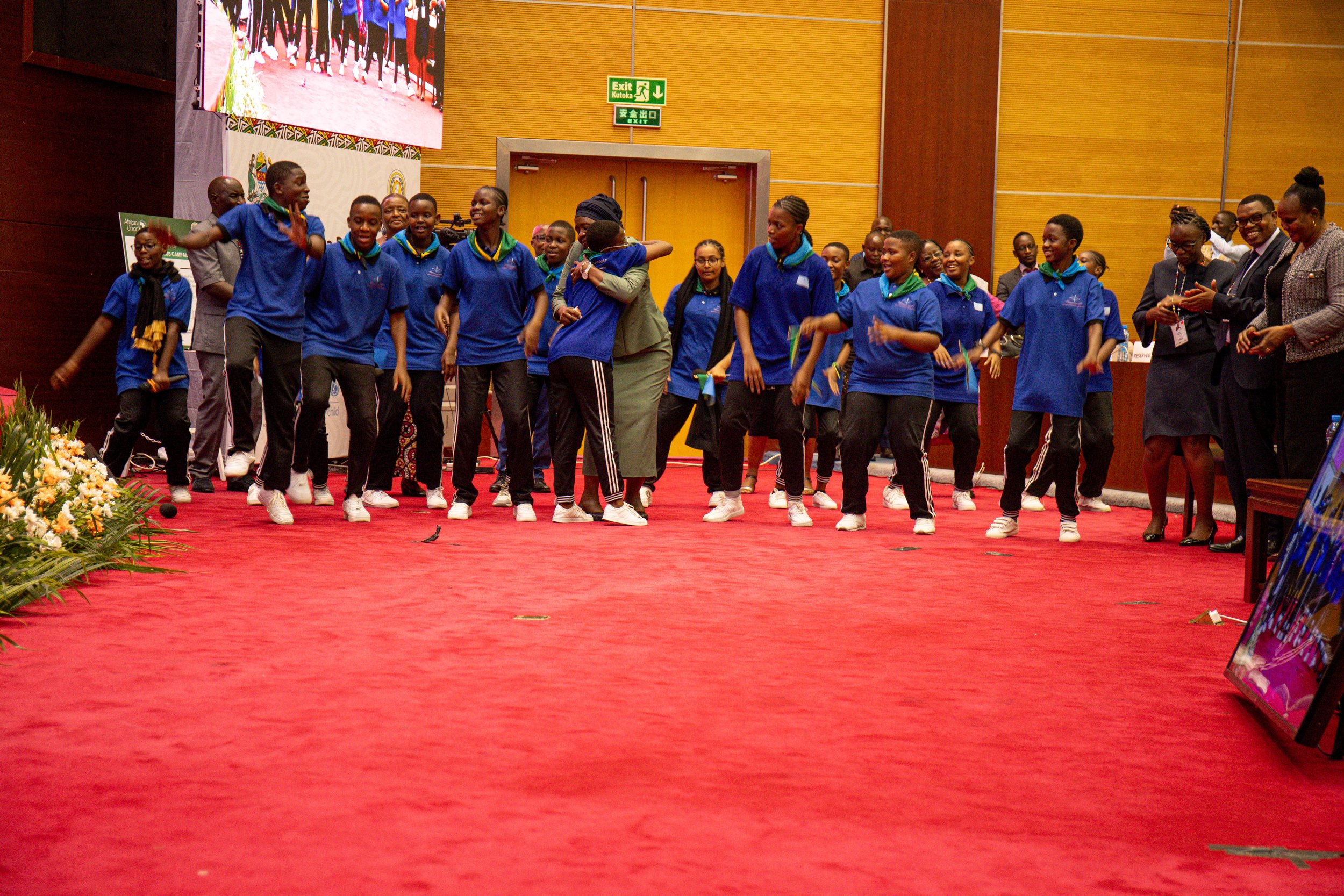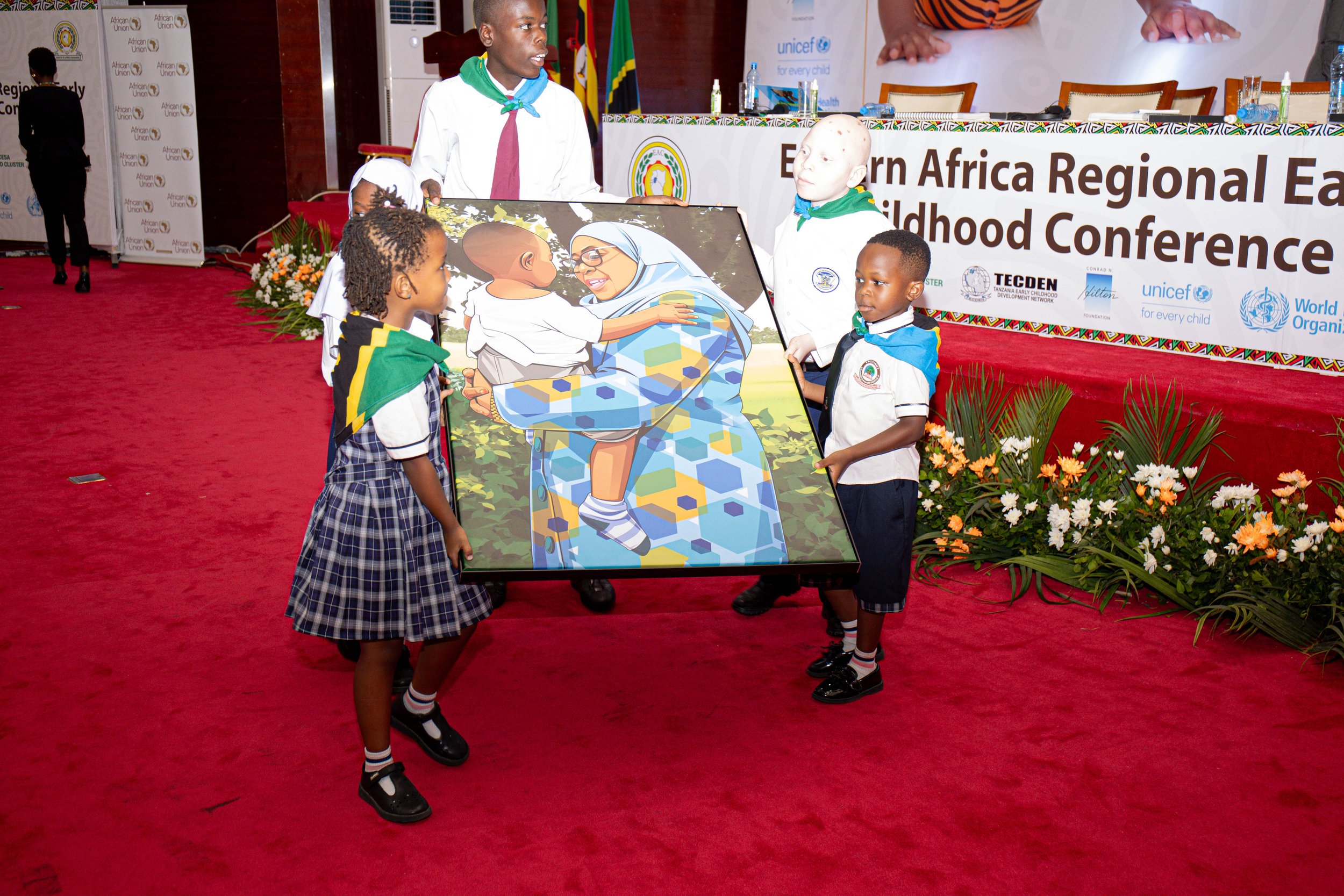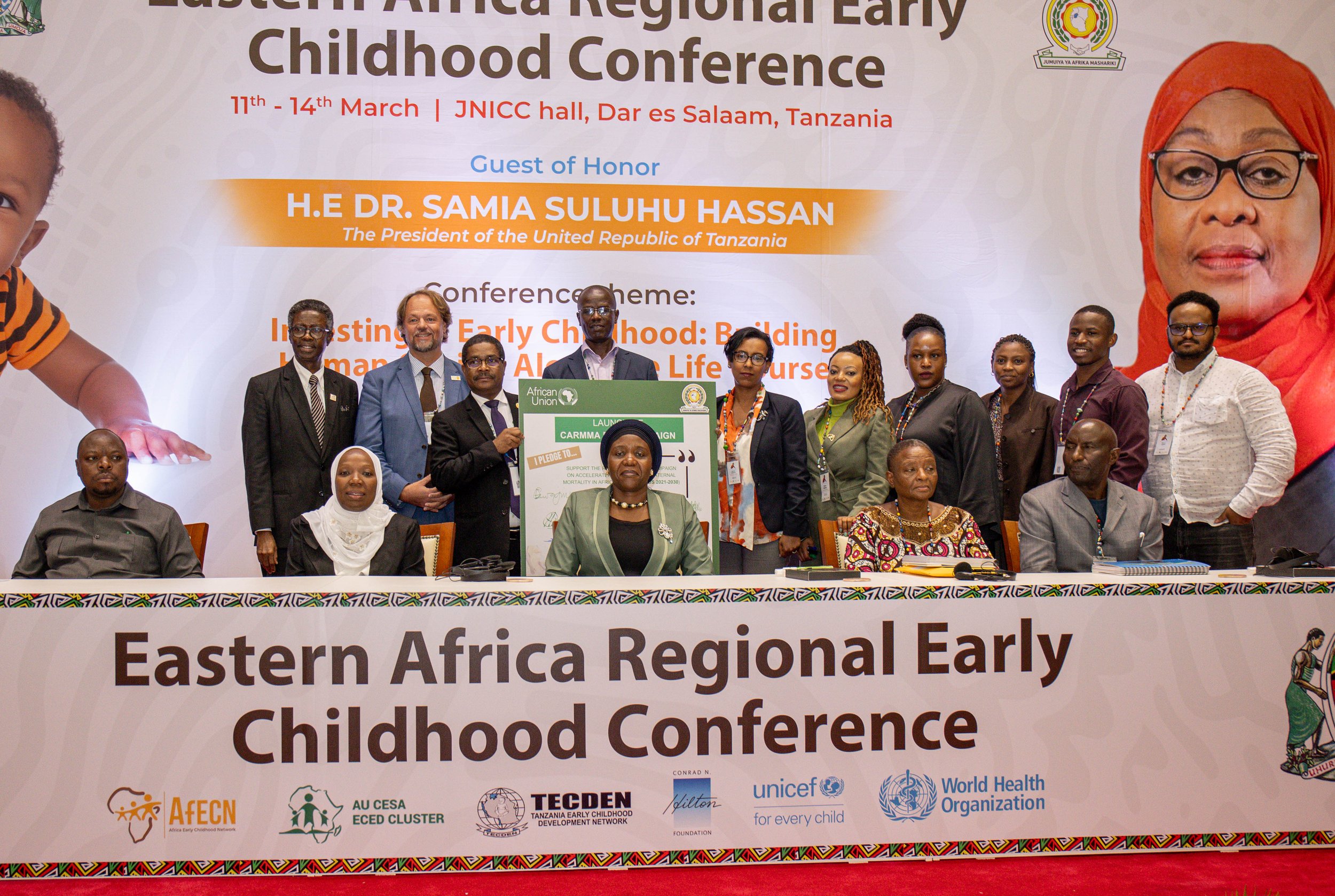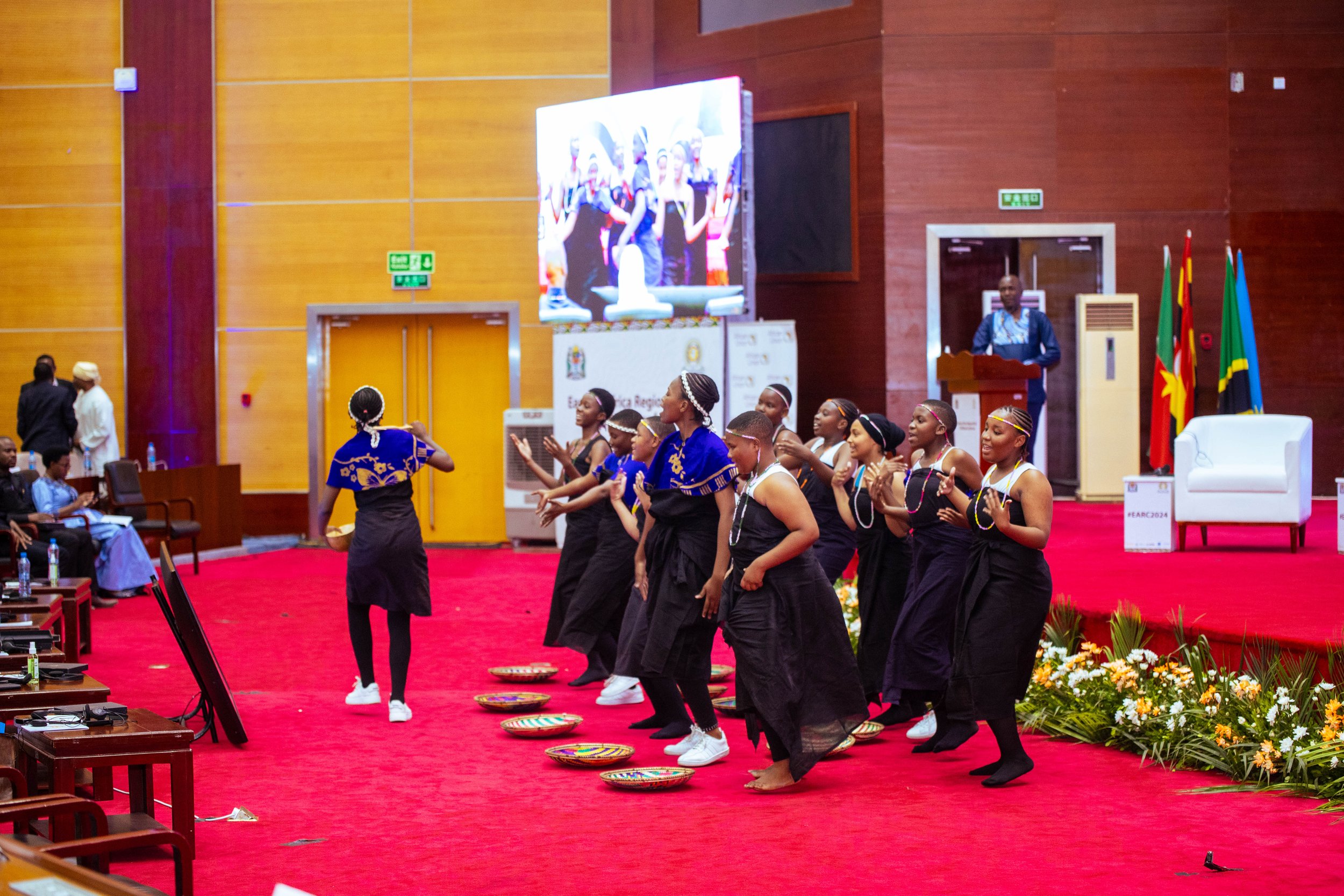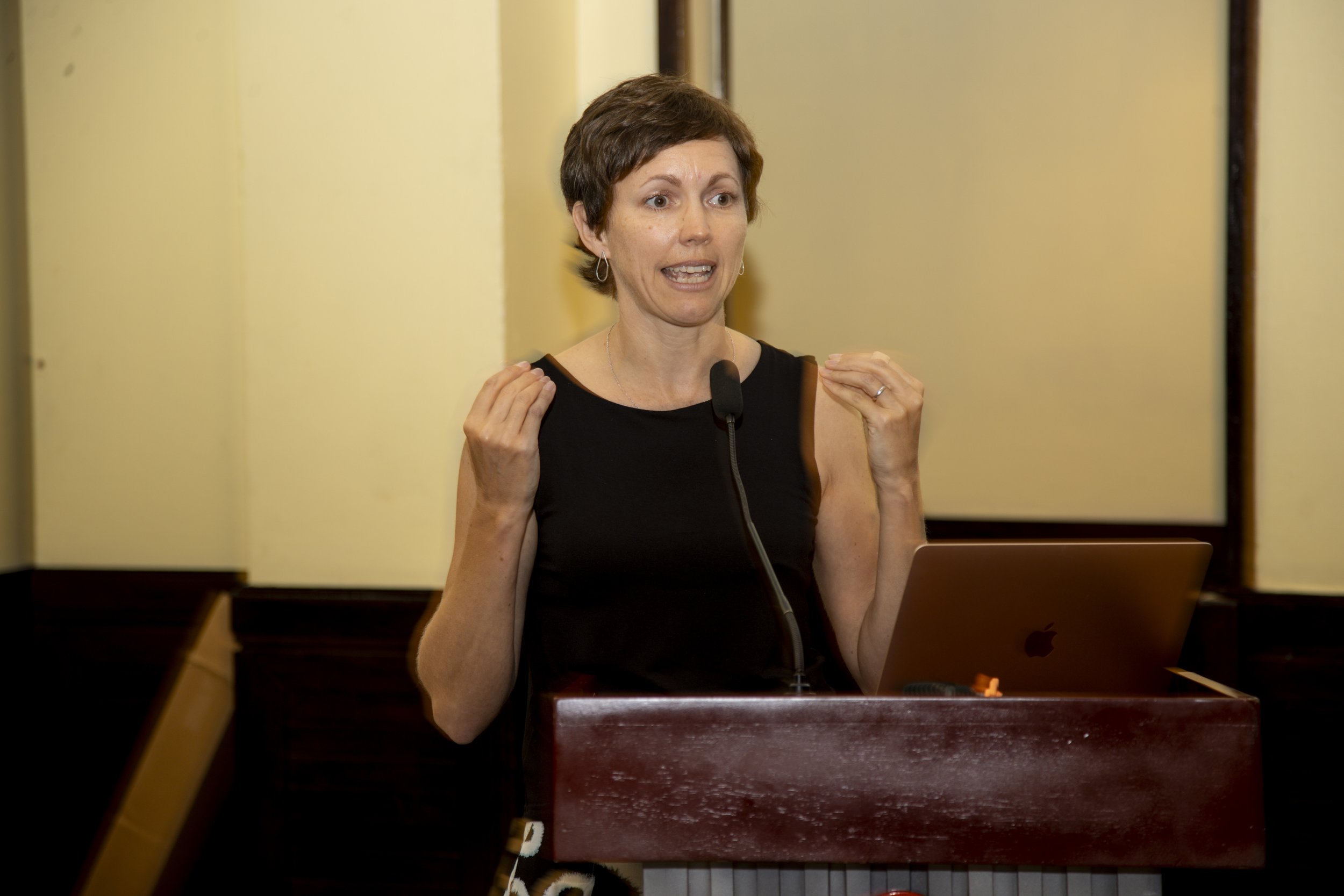Presentations
Main Session and Parallel Session Presentations ON 13TH mARCH 2024
MAIN SESSIONS
Session 5: Financing of Early Childhood Programmes
Keynote Presentations:
— Bob Muchabaiwa | Presentation
— Reza Fazel | Presentation
Session 6: Monitoring Progress
Keynote Presentations:
— Oliver Petrovic | Presentation
Panellist Presentations:
— Hassan Omary Muhomi | Presentation
— Monique Mukamana | Presentation
— Sonja Giese | Presentation
— Timothy Opobo | Presentation
PARALLEL SESSIONS
SUB-THEME: GOVERNANCE & FINANCING OF ECD
4.1 Funding and cost-tracking of ECD programmes:
Oxford Policy Management - Thrive Programme, Tanzania: Investigating how to strengthen planning and tracking of public expenditure on early childhood development (ECD) in Tanzania (Presentation)
Hope Worldwide South Africa, South Africa: Cost & Organizational Considerations for the Scaling of ECD Parenting Programs: The Caregiver Learning Through Play (CLTP) example in South Africa. (Presentation)
UNICEF, Rwanda: Business Case for employer-supported childcare.
Institute Social Work, Tanzania: Financing the National Multisectoral ECD Program in Tanzania: A Collaborative Approach. (Presentation)
4.2 The investment case for ECD in Eastern Africa:
Children in Crossfire Tanzania, Tanzania: Resourcing National ECD Programme implementation. (Presentation)
Genesis Analytics (with UNICEF and the government of Burundi), Burundi: The Value of Cost-Benefit Analyses in Advocating for Enhanced Investment in Early Childhood Development How learnings from award-winning research in Burundi can be leveraged.
UNICEF Uganda, Uganda: Investing in the Future: A Cost-Benefit Analysis of Pre-Primary Education in Uganda. (Presentation)
UNICEF, Burundi: Cost-Benefit Analysis for Investment in Early Childhood Development in Burundi. (Presentation)
4.3 Governance mechanisms:
UNICEF, Ministry of Community Development, Gender, Women and Special Group Tanzania: Enhancing Multisectoral ECD Coordination Mechanism: Experience of the Development, Implementation and Monitoring of the National Multisectoral ECD Programme in Tanzania. (Presentation)
Tanzania Early Childhood Development Network (TECDEN), Tanzania: The role of the Civil Society Organizations in implementation of ECD agenda in Tanzania (National and sub-national level). (Presentation)
KMET, Kenya: Integration of Nurturing Care for ECD through leaderships, coordination, coordination, and Investment in Siaya County. (Presentation)
Equality Collective, The Republic of South Africa, Making Local Government Work for ECD: South Africa: A Collaborative ECD Advocacy Campaign for holistic, quality, inclusive, and well-funded ECD Services in South Africa.
SUB-THEME: MONITORING PROGRESS FOCUSING ON DATA/EVIDENCE GENERATION, DISSEMINATION, AND UTILIZATION
5.1 Exploring and evaluating successful early learning models in the classroom and at home:
The Dodoma University, Tanzania: Assessment of the Pre primary Children Readiness for School in Dodoma Region, Tanzania. (Presentation)
Education Faculty, Eduardo Mondlane University, Mozambique: Educational practices in childhood to promote gender equality and equity: An analysis in four Children's Centers in Maputo City. (Presentation)
The Open University of Tanzania, Tanzania: What works best direct or indirect instruction strategies in enhancing letter name knowledge among preprimary children through environmental print in Tanzania. (Presentation)
Chalimbana University, Zambia: Responding to learning needs to early childhood education school children via teacher training. (Presentation)
DataDrive2030, South Africa: Why do some children do so much better than their peers, despite facing very similar challenges? Lessons from the Positive Deviance Initiative. (Presentation)
5.2 Macro- and micro-level measurements of Quality ECD services:
World Bank: Findings from Women, Business, and the Law 2024 Childcare Indicator. (Presentation)
Department of Computer Science and Engineering University of Dar es Salaam and ECD Specialist, UNICEF Tanzania: National ECD Dashboard – Strengthening National and subnational ECD data availability and usage in Tanzania. (Presentation)
Emory Rollins School of Public Health, Kenya: Reliability and validity of the Global Scales for Early Development (GSED) tool for use with young children in Western Kenya. (Presentation)
5.3 Programming for children with developmental delays in vulnerable environments:
Humanity & Inclusion, Rwanda, and Uganda: ECD measurement to identify most vulnerable children. (Presentation)
AfriChild, Uganda: Uganda Functional Limitations among Child refugees with Developmental Disabilities and Barriers to Early Childhood Intervention in a Ugandan Refugee settlement. (Presentation)
Sightsavers, Kenya: Impact of a disability-inclusive early childhood education and development initiative on children’s early learning and development in Kenya.
Aga Khan University, Institute for Human Development, Kenya: Interconnection between individual, household, environmental and system level factors in defining risk and resilience for children living in arid and semi-arid (ASAL) areas in Kenya. (Presentation)
5.4 Making a difference for children in refugee settings:
The AfriChild Centre, Uganda: Strengthening research and evaluation capacity for evidence driven policies and programs to improve refugee child wellbeing in Africa settlement. (Presentation)
BRAC, Uganda: BRAC's Two-Generation Model of Holistic Child and Family Development in Ugandan Refugee Context.
Innovations for Poverty Action (IPA), Uganda: Two-generation ECD programming in refugee settings in Uganda. (Presentation)
Early Years Fellows, Ethiopia and El Salvador, World Bank, Global: Effects of Early Childhood Development (ECD) programs on the socio-emotional well-being of children and caregivers in refugee and forced displacement settings. (Presentation)


